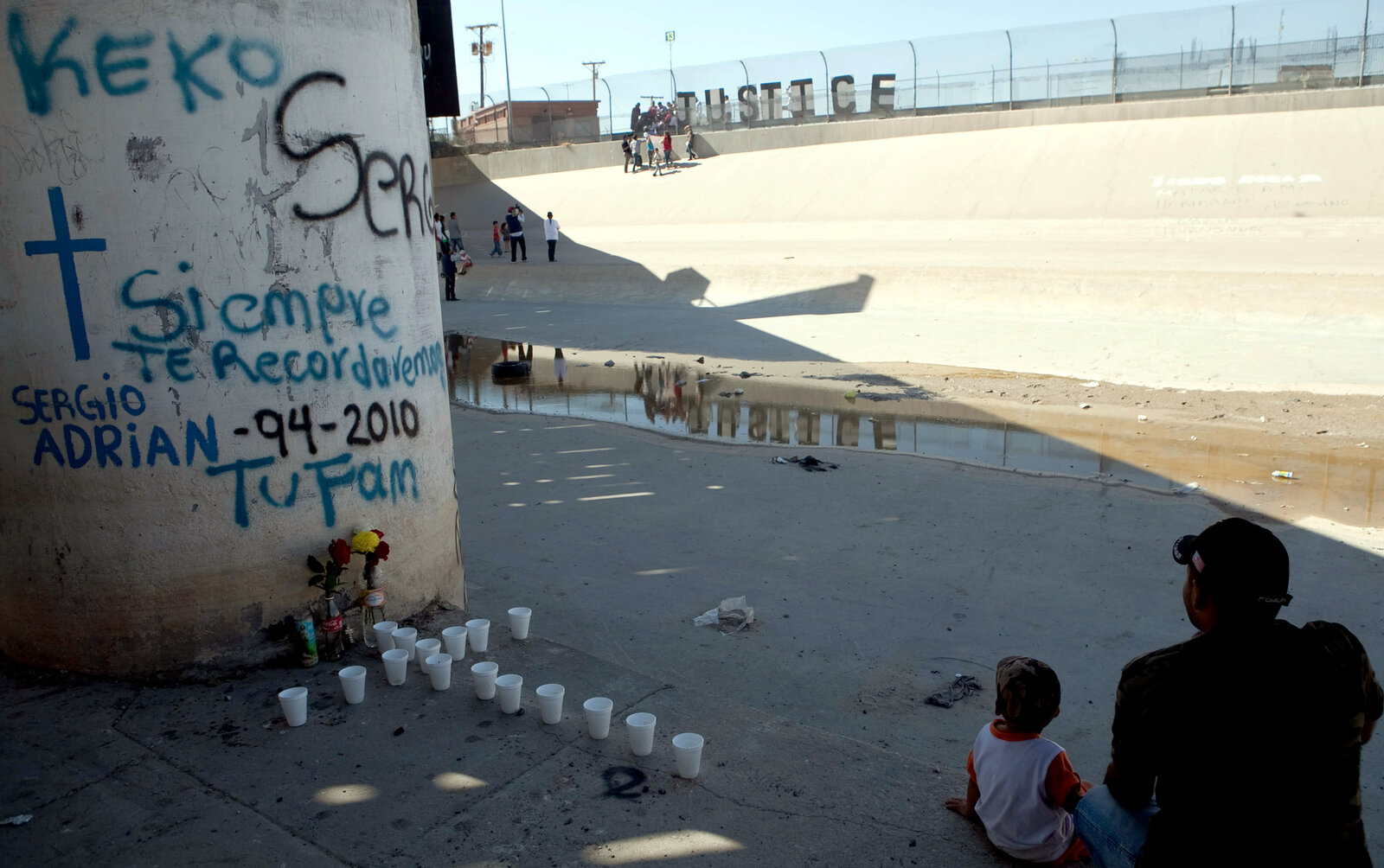By Sarah Lafen
Impunity Watch Desk Reporter, North America
WASHINGTON D.C., United States — On February 21, the United States Supreme Court took up the 2010 case of an unarmed 15-year old Mexican national who was shot and killed by U.S. Border Patrol agent Jesus Mesa at the border between Mexico and the U.S. The shooting was recorded on a cell phone video.

The facts of the shooting are in dispute. The family of Sergio Hernandez, the deceased, claims that their son was playing with his friends along the Mexican border near El Paso, Texas. The U.S. government, however, claims that the shooting occurred while “smugglers” attempted to cross the border illegally, and were throwing rocks at Mesa.
Hernandez’s family is suing Mesa for violating Hernandez’s constitutional rights. They were denied legal recourse in the lower courts, who ruled that the boy lacked constitutional protection inside Mexico. Bob Hilliard, the lawyer representing the family, spoke of a press release issued by the FBI’s El Paso office, and said that “the statement literally says [Mesa] was surrounded by these boys, which is just objectively false” and that the video footage clearly shows there was no one surrounding Mesa at the time of the shooting.
Mesa maintains that he shot the boy in self-defense after being surround by the teenagers throwing rocks. Mesa’s lawyers claim that this scenario will come to light via video footage from other cameras on the scene that have not yet been released to the public.
At the oral argument for the case, Justice Ruth Bader Ginsburg stated that the case “has, as far as the conduct is concerned, United States written all over it” and cited the actions of Mesa, who was in El Paso when he shot Hernandez. Justice Sonia Sotomayor suggested there should be some type of civil remedy available for the family.
The court’s more conservative justices, however, claim that no constitutional claim has been allowed against a federal official for about 30 years. The justices warned against creating such a claim that would lead to other similar claims made by foreign nationals outside of the U.S.
The question in front of the Supreme Court is whether or not the Hernandez family has the right to sue.
For more information, please see:
CNN — US Border Patrol Shooting of Mexican National goes to Supreme Court — 21 February 2017
NPR — Supreme Court to Decide if Mexican Nationals May Sue for Border Shooting — 21 February 2017
USA Today — Supreme Court Divided Over U.S.-Mexico Border Shooting — 21 February 2017